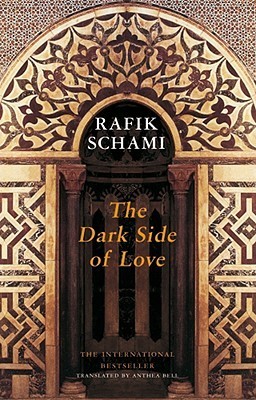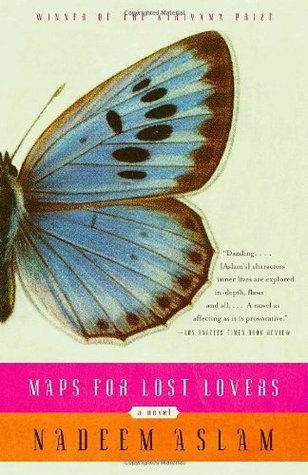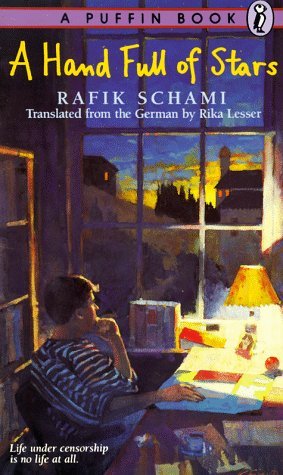
The Dark Side of Love
Book Description
Beneath the shimmering facade of love lies a labyrinth of secrets and betrayals. In a world where passion collides with political turmoil, a young couple finds their relationship tested by loyalty and desire. As they navigate the shadows of their hearts, devastating choices threaten to tear them apart. Every whisper could spell danger, and every moment is steeped in suspense. Fractured dreams and hidden truths lurk at every turn, beckoning to be unearthed. How far will they go to hold onto a love that could shatter their very souls? The answer might change everything. Will love conquer all, or will it lead to despair?
Quick Book Summary
Rafik Schami’s "The Dark Side of Love" is an expansive historical novel set in Syria, charting the lives of two families entwined in a generations-old feud. Against the backdrop of political oppression, social upheaval, and deep-seated clan loyalties, two young lovers—Farid and Rana—dare to seek a life together. Their romance is embattled on all sides by secrecy, betrayal, and the ever-present dangers of government surveillance and social expectation. Richly evocative, the novel weaves the intensity of desire with the precariousness of dissent, as forbidden love collides with a turbulent society. Schami’s tale is a portrait of a Damascus whose beauty is matched by its peril, and whose families’ tangled histories shape the fates of every individual. Love is both sanctuary and threat—forcing each character to confront the cost of passion, loyalty, and survival.
Summary of Key Ideas
Table of Contents
Forbidden Love Amidst Political Turmoil
Set across multiple generations in twentieth-century Syria, the novel illuminates a society riven by ancient family rivalries and harsh political realities. The central narrative follows Farid and Rana, whose budding romance is complicated by the Sabas and Shahin families’ feud. This dispute, rooted in honor and vengeance, renders their love forbidden, setting the stage for heartache and clandestine encounters. The author paints a vivid portrait of Damascus, giving voice to a mosaic of characters linked by blood, loyalty, and long-standing grievances, emphasizing how personal destinies are dictated by the whims and wounds of their ancestry.
Legacy of Family Feuds and Clan Loyalty
The lovers’ personal journey is constantly shadowed by the authoritarian regime that polices both public speech and private desires. Trust is a rare commodity: Farid’s work as a journalist threatens his safety, while Rana must negotiate forces at home intent on upholding tradition at all costs. The omnipresence of informants and secret police injects every moment with danger, underscoring the precariousness of life under a dictatorship. Political dissent and the dream of freedom are quietly threaded through Farid and Rana’s narrative, making their relationship a microcosm of a society hungry for change and suffocated by fear.
Secrets, Betrayal, and the Nature of Truth
Lies and secrets proliferate throughout the novel, both within families and in the broader social context. The past is a labyrinth: betrayals and hidden pacts haunt the present, and no one is immune to the corrosive effects of concealment. The pursuit of truth—whether about love, loyalty, or murder—also drives the novel’s central mystery. A brutal killing decades before, slowly unraveled through memories and testimonies, acts as a metaphor for the darkness that pervades both personal relationships and the wider body politic.
Endurance and Sacrifice in the Face of Oppression
The characters’ lives are shaped by sacrifice: each must choose between desire and duty, self-interest and collective good. Farid and Rana’s clandestine meetings are fraught with risk, placing their families, and even themselves, in jeopardy. Their resilience is mirrored by other characters who endure loss, exile, imprisonment, or betrayal, all in the name of love, loyalty, or the pursuit of justice. Schami explores how such sacrifices, big and small, become acts of resistance in a world dictated by repression and custom.
Identity, Belonging, and the Search for Freedom
Ultimately, "The Dark Side of Love" reflects upon the impossibility of absolute freedom or happiness in a landscape defined by narrow allegiances and brutal politics. Yet, in their defiance and longing, Farid and Rana highlight the enduring power of love to inspire hope and change. The novel closes by examining the possibility of reconciliation—between individuals, families, and nations—and questions whether peace is attainable, or whether certain wounds are destined to remain open. Schami invites us to see how, even in darkness, the heart seeks light.
Download This Summary
Get a free PDF of this summary instantly — no email required.





